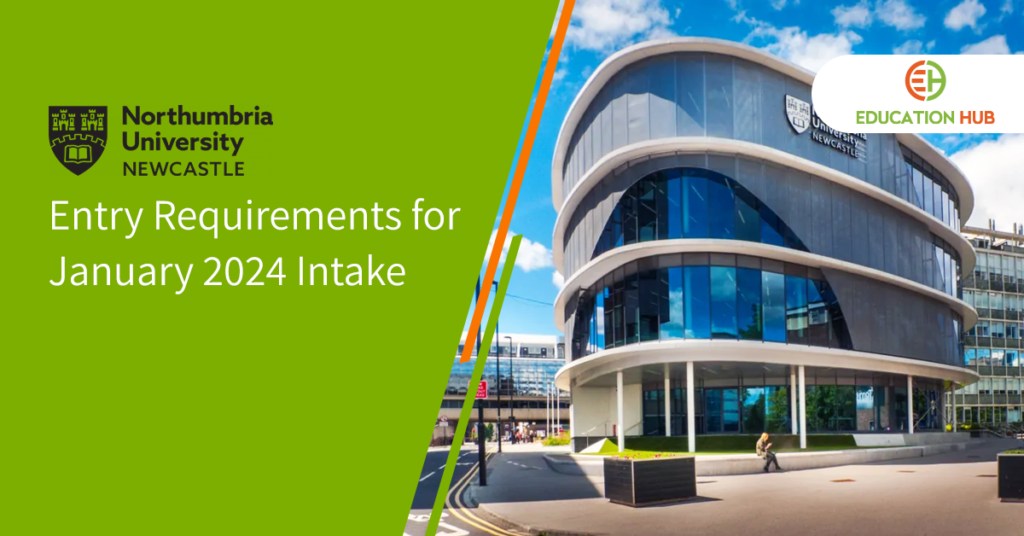The Academic requirements for different universities vary and so for different nationalities owing to differing study systems. This is a vital part of your admission process to ensure your previous academic qualifications are sufficient to undertake your new course. The process can be complex at times, but Real Education Consultancy will guide you in matching your academic requirements to the right university.
But as a rule of thumb most institutions will assess based on your HSC for undergraduate courses and your undergraduate degree for postgraduate courses.
As a general guideline, the academic requirements outlined above serve as a sample, but these criteria may vary depending on the institution and nationality.
For more personalized advice tailored to your background, we encourage you to reach out to one of our helpful staff members. They will be happy to discuss with you the specific academic entry requirements relevant to your situation.
Foundation
If you haven’t completed 12 years of education and have only finished 10 or 11 years, or if your grades aren’t sufficient for direct entry into the first year of an undergraduate course, you may opt for a foundation course. This serves as a preparatory qualification, bridging the gap to enter the first year of undergraduate study. The duration of the foundation course varies based on individual circumstances, ranging from 3 to 12 months.
To enroll in foundation courses, UKVI requires you to have achieved minimum B1 scores in UKVI Secure English Language Testing (SELT).
In some cases, you may not need UKVI IELTS if the foundation course is integrated with your main course. However, this isn’t universal and requires specialized advice and guidance from our teams.
Undergraduate
Students who have successfully completed Senior or Higher Secondary education, encompassing a minimum of 12 years of education and meeting specific grading criteria, are eligible to apply for admission to the first year of undergraduate study.
Typically, this involves holding an A-level qualification with a minimum of three subjects or equivalent qualifications from overseas. It’s important to note that different universities and courses may have varying requirements regarding grades. For instance, a university may specify certain grades in particular subjects or an overall score for course eligibility.
Additionally, students are required to attain an IELTS score of at least 6.0 overall, with a minimum score of 5.5 in each skill, or an equivalent alternative English proficiency test recognized by the university.
Top Up
Moving to a UK university following one or two years of study in your home country involves several steps. Typically, for top-up programs, you’ll need a tutor to align your credits and modules with the curriculum of the program you wish to join. Consequently, applying well in advance is often necessary. Depending on your academic background and meeting specific criteria, you may qualify for advanced entry into the second or third year.
Moreover, certain universities have partnerships with institutions abroad, offering transfer year programs. If your home institution has a collaboration with a UK university, you might be eligible for such programs.
Additionally, you must have achieved a satisfactory score in the IELTS or an equivalent English proficiency test accepted by the university.
Pre Masters
Pre-Master programs serve as a pathway for individuals who lack sufficient grades for direct entry into a postgraduate course, contingent upon their circumstances. These programs typically comprise both academic and English language modules, acting as a bridge to facilitate entry into postgraduate studies. The duration of the Pre-Master course varies based on individual circumstances, spanning from 3 to 9 months.
To enroll in Pre-Master courses, it’s essential to have achieved satisfactory scores in the IELTS or an equivalent English proficiency test recognized by the university. Additionally, some Pre-Master programs offer a single Confirmation of Acceptance for Studies (CAS) for visa purposes, encompassing both the Pre-Master and the subsequent main master course.
Postgraduate
Postgraduate study is available to students who have successfully completed a 3 or 4-year undergraduate degree program.
Typically, this entails obtaining a second class qualification (2:1 and 2:2) or its equivalent overseas qualification. It’s important to note that different universities and courses may impose varying grade requirements. For instance, a university may specify particular grades in certain subjects or an overall score for course eligibility.
Furthermore, students are required to achieve an IELTS score of at least 6.5 overall, with a minimum score of 5.5 in each skill, or an equivalent alternative English proficiency test recognized by the university.

English Language Requirements
In addition to your GPA and credits, language proficiency is a crucial requirement for studying in the UK.
Students must demonstrate proficiency in English by taking an IELTS or an equivalent standardized test accepted by the university. There is a range of tests available, and staff members can offer specific advice based on your background.
For international students from non-English-speaking countries, exhibiting excellent English language skills is imperative. This ensures that students can effectively communicate and comprehend materials taught in lectures independently and competently. Moreover, meeting this requirement is mandated by the UK Visas and Immigration authorities. Evaluation of language proficiency occurs during the visa application process, prior to the issuance of a visa.
Identification Document
Similar to any admissions application, you require identification documents to enroll in a university in the UK. As an international student, the most crucial document is a copy of your passport, which must remain valid throughout your period of study.
If you are under 18, you will also need to provide a copy of your birth certificate. However, it’s important to note that the specific identification requirements can vary depending on the educational institution you are applying to, so it’s advisable to verify them with the school directly.
Moreover, you must possess original copies of all your academic documents, such as school certificates, degree certificates, transcripts, and any other documentation supporting your prior education. These documents are essential for the admissions process and verifying your academic background.
References
Letters of recommendation or references play a vital role in your application to universities in the UK. Given that these institutions are globally renowned and have limited openings for new students, they seek to identify the most outstanding candidates.
References offer admissions officers valuable insights into your academic capabilities, potential, and character. They also demonstrate how your previous experiences are relevant to the program you aspire to pursue. By providing a holistic view of your qualifications and character, letters of recommendation help universities assess your suitability for their programs.
Suitability Interviews
Although not mandatory in all cases, some schools conduct interviews with student applicants before making admission decisions.
During these interviews, you have the opportunity to articulate your goals and motivations, demonstrating why you are a suitable candidate for both the school and the program.
By gaining a deeper understanding of applicants through interviews, the admissions committee can make more informed decisions about whom to accept.
Additionally, the UK Visa authorities (UKVI) may also conduct interviews as part of their assessment process for granting visas.







